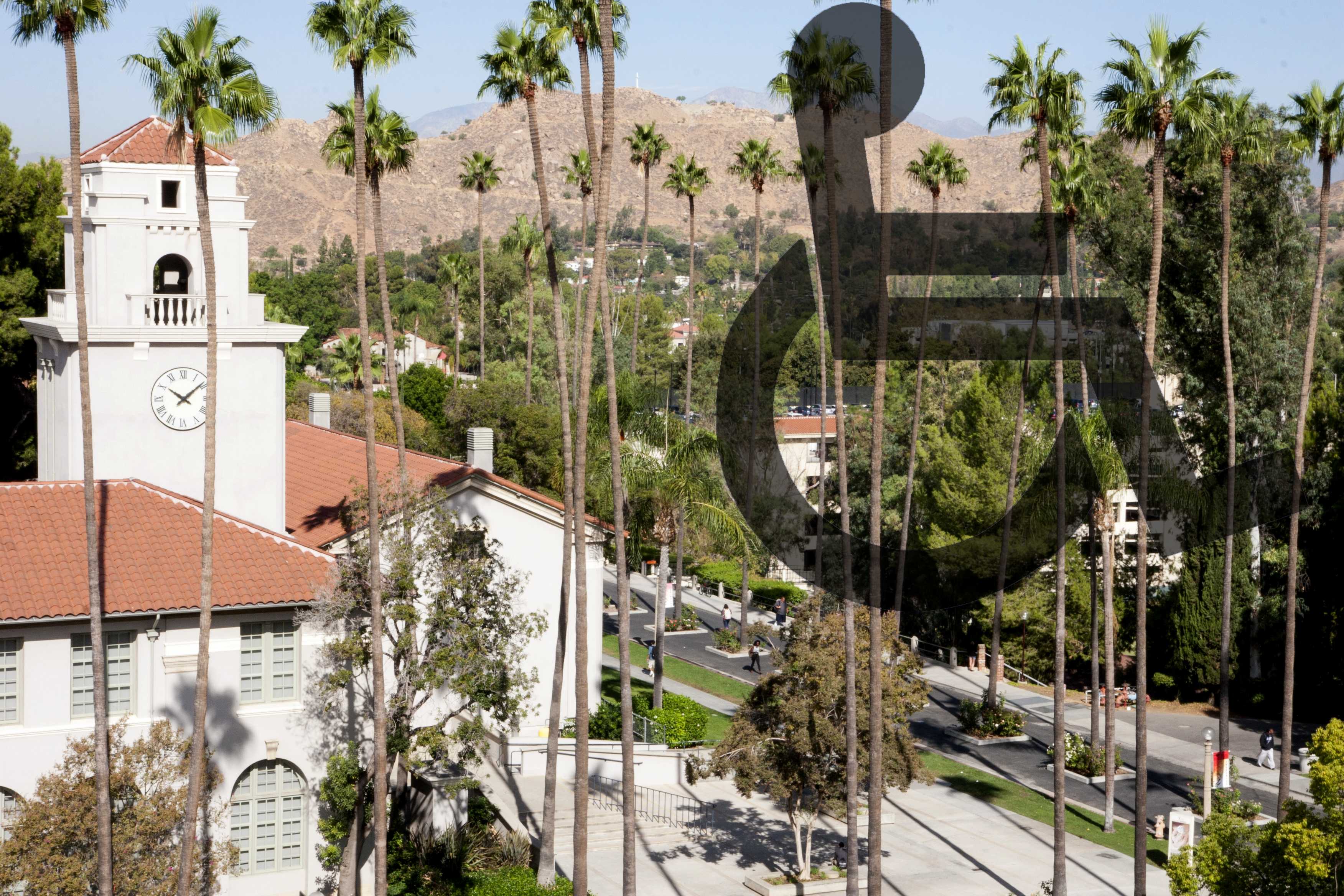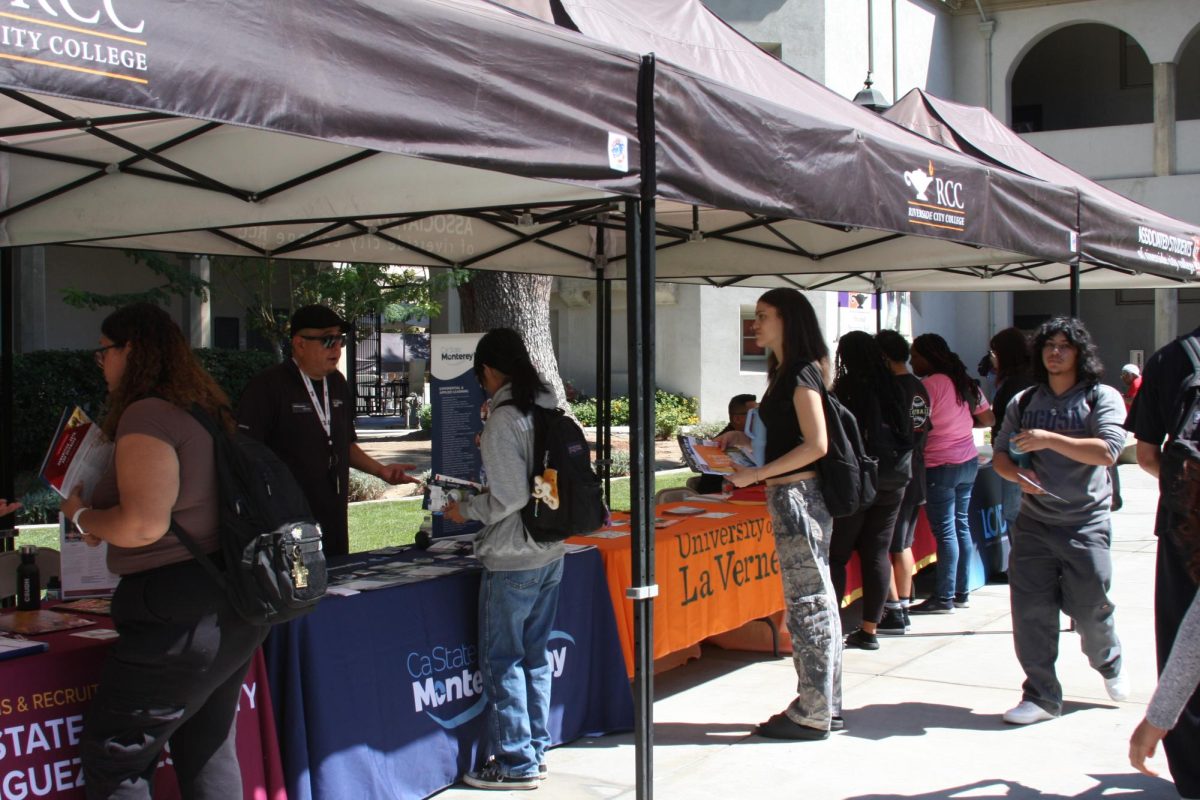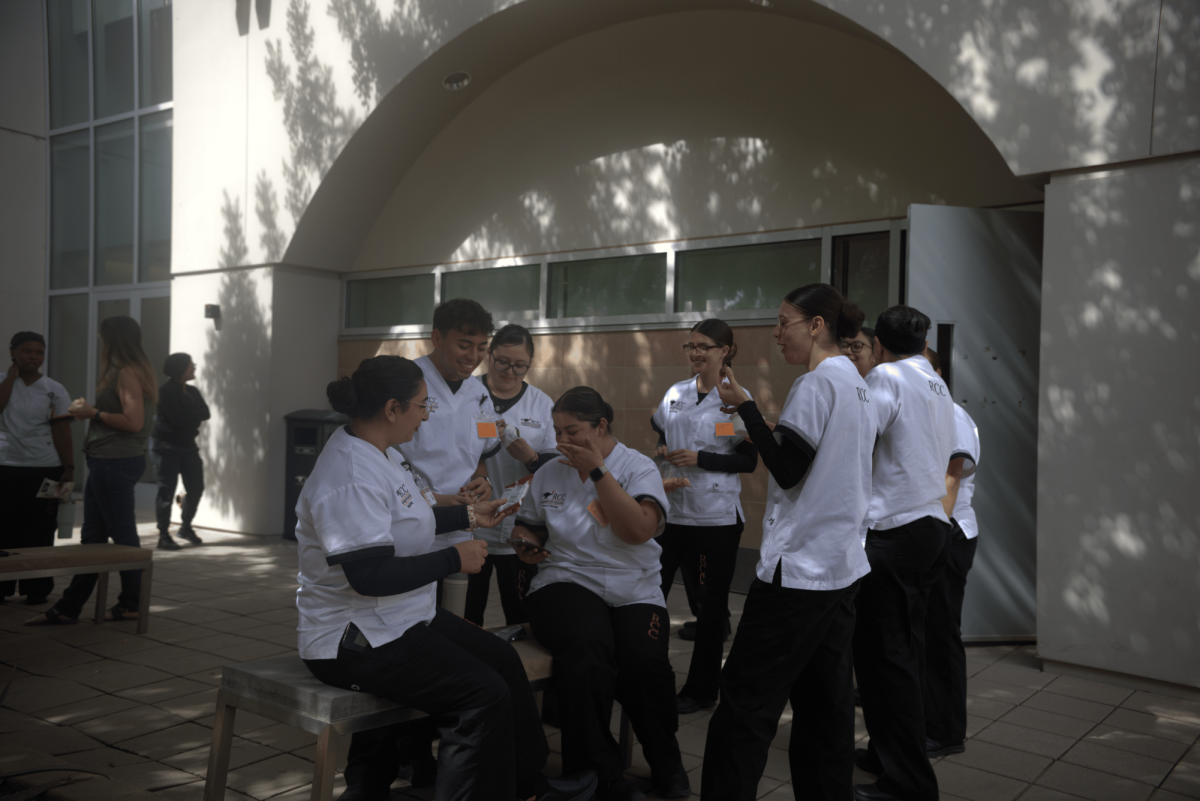
Joshua Wilson | Staff Writer
Oct. 16, 2014
Due to the Americans with Disabilities Act, the Riverside Community College District chancellor has approved access improvements to each of the RCCD campuses. Riverside City College will undergo structural and cosmetic alterations which will enable the campus to become more accessible to students with disabilities. The $6 million project is already underway.
The project will be completed in three phases, with a target completion date estimated for 2015, with the first phase reaching its completion by the end of 2014. Changes not only include brand new facilities for students, but also adjustments to the much older, far more outdated buildings.
“It’s an old campus,” Wolde-Ab Isaac, RCC interim p
resident said. “Old campus means there are lots of buildings that are not up to modern code. Some of these buildings we cannot tear down.”
What this means for older buildings like the Quad, the Bradshaw building or Landis Performing Arts Center is that there will be minor adjustments made to them. Adjustments will include repairs to doors and stairwells, bathrooms and kitchens for handicap accessibility. Television screen mounting will be lowered, new lighting fixtures and new lockers will be installed for handicap access.
Some classrooms, particularly in the Quad, have already been altered for general safety as well as adherence to ADA code.
“In some of the classrooms in the quad, all of the system wiring was on top of the floor,” Issac explained. One faculty member tripped and broke her arm. It was unsafe, and it was not ADA compliant, so we spent close to $200,000 and repaired all of the classrooms very nicely.”
In addition to adjustments to the older buildings, come replacements to some. The current Student Services and Administration building will be demolished and a new building will be built in the current student and staff parking lot. Other additions include construction of a new Arts building, a new Life Sciences building, and a new Cosmetology building, all built completely to ADA current ADA code.
As the campus undergoes its transformation, Issac assures every phase will be conducted within a timely manner so students can continue instruction to a better standard.
“We still are looking and identifying areas (for ADA compliance) and trying to adjust that,” Issac said. “Of course, these are going to take money. They are expensive and most of that money comes from instruction. You have to keep a balance on how fast you’re going to get everything done or how much you can phase for something we can tolerate for a little while and then change it at an appropriate time. As I said … these are very old buildings, and so … we’re committed to making sure everyone is comfortable.”






